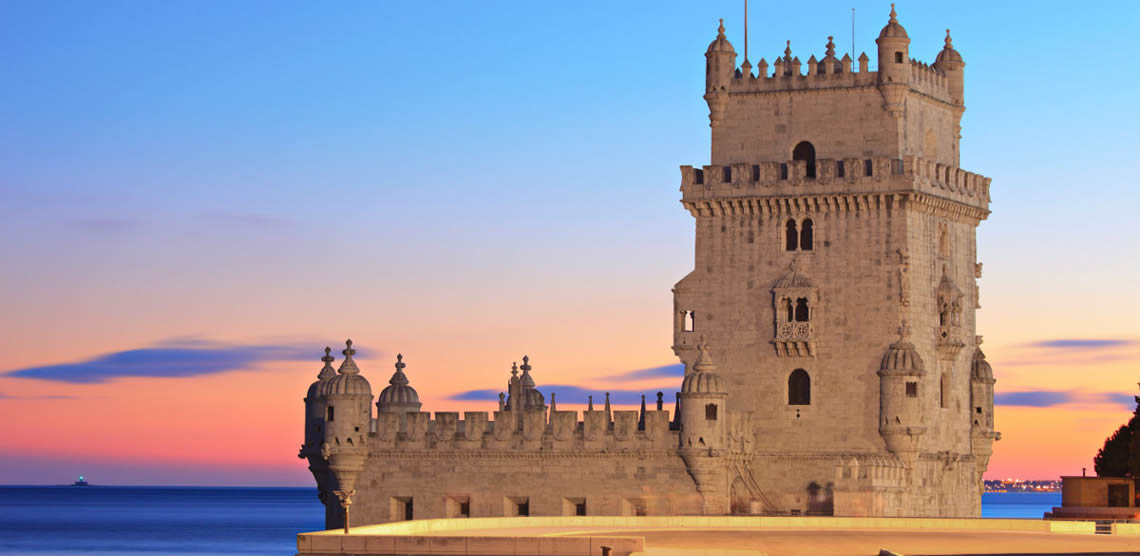History of Portugal

The History of Portugal is that of an ancient European nation, whose present origins go back to the Early Middle Ages, that ascended to a great world power in the Age of Discoveries with its vast Empire. Following its heyday as a world power during the 15th and 16th centuries, Portugal lost much of its wealth and status first through the loss of its military and naval power due to the military disaster of Alcacer-Kibir, and shortly thereafter its fleet, which had had been incorporated into the Spanish Armada so the country was unable to defend its interests overseas.
It was further weakened later with the destruction of much of the capital, Lisbon in a 1755 earthquake, occupation during the Napoleonic Wars, and the independence in 1822 of its largest colony Brazil.
A 1910 revolution deposed the monarchy; however, the Republic was unable to solve the country's problems, amid corruption, repression of the Church and near bankruptcy of State, and in 1926, a military coup installed a dictatorship that would only come to an end in 1974, when a left-wing military coup installed broad democratic reforms. The following year, Portugal granted independence to all of its African and Asian colonies. Portugal is a founding member of NATO, OECD and EFTA and entered the European Community (now the European Union) in 1986.
"Portugal"
Portugal's name derives from the Roman name Portus Cale. Cale was the name of an early settlement located at the mouth of the Douro River, which flows into the Atlantic Ocean in the north of what is now Portugal. Around 200 BCE, the Romans took the Iberian Peninsula from the Carthaginians during the Second Punic War, and in the process conquered Cale and renamed it Portus Cale. During the Middle Ages, the region around Cale became known by the Visigoths as Portucale. Portucale evolved into Portugale during the 7th and 8th centuries, and by the 9th century, the term "Portugale" was used extensively to refer to the region between the rivers Douro and Minho, the Minho flowing along what would become the northern border between Portugal and Spain.
Affirmation of Portugal
In 1095, Portugal separated almost definitely from the Kingdom of Galicia, both under the rule of the Kingdom of Leon, just like Castile (Burgos). Its territories consisting largely of mountain, moorland and forest, were bounded on the north by the Minho, on the south by the Mondego.
At the end of the 11th century, the Burgundian knight Henry became count of Portugal and defended his independence, merging the County of Portucale and the County of Coimbra. Henry declared independence for Portugal while a civil war raged between Leon and Castile.
Henry died without reaching his aims. His son, Afonso Henriques, took control of the county. The city of Braga, the unofficial Catholic centre of the Iberian Peninsula, faced new competition from other regions. The lords of the cities of Coimbra and Porto (then Portucale) with the Braga's clergy demanded the independence of the renewed county.
Portugal traces its national origin to 24 June 1128 with the Battle of São Mamede. Afonso proclaimed himself first Prince of Portugal and in 1139 the first King of Portugal. By 1143, with the assistance of a representant of the Holy See at the conference of Zamora, Portugal was formally recognized as independent, with the prince recognized as Dux Portucalensis. In 1179, Afonso I was declared, by the Pope, as king. After the Battle of São Mamede, the first capital of Portugal was Guimarães, from which the first king ruled. Later, when Portugal was already officially independent, he ruled from Coimbra.
Main article The Consolidation of the Monarchy in Portugal (1279–1415)
From 1249 to 1250, the Algarve was finally reconquered by Portugal from the Moors. In 1255, the capital shifted to Lisbon.
Portugal has always been turned towards the sea; its land-based boundaries are notably stable. The border with Spain has remained almost unchanged since the 13th century. A 1373 treaty of alliance between England and Portugal remains in effect to this day with the United Kingdom. Since early times, fishing and overseas commerce have been the main economic activities. Henry the Navigator's interest in exploration together with some technological developments in navigation made Portugal's expansion possible and led to great advances in geographic knowledge.